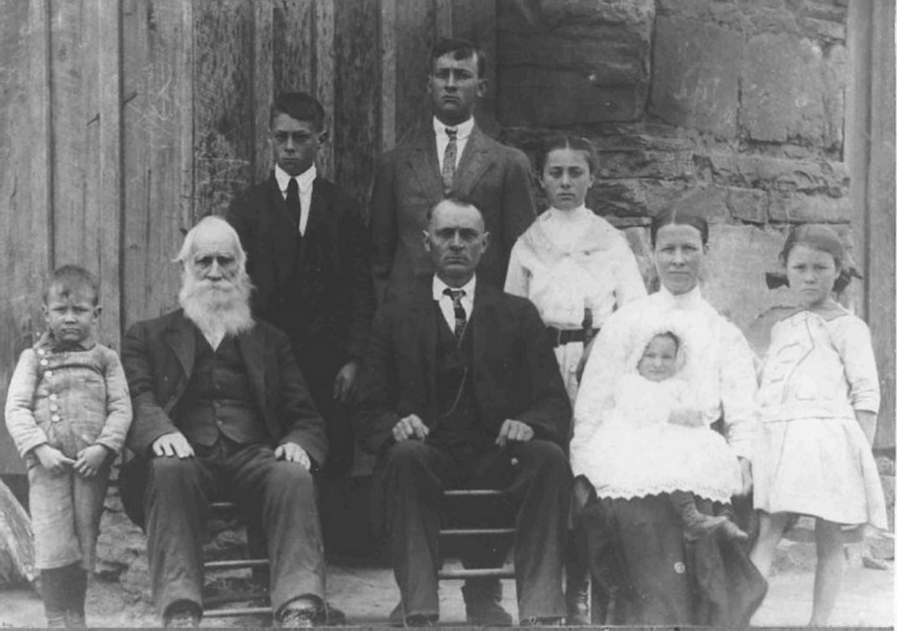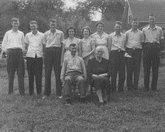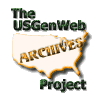|
Many project visitors will notice that the
family research files of the Transylvania
Tour are organized a little differently
than genealogy books, classes or software
currently explain or produce. There is a
reason. This is the third generation of a
completely new approach to family and local
history research that I have been working on
about four years now. It is part of my
overall genealogical approach to historic
inquiry that combines the methods and
historiography of an academic historian with
the resources and knowledge of the people who
have inherited a specific aspect of our shared
past.
Essentially, the Household Abstract takes
advantage of computer technology to combine a
more traditional family group chart with brief
abstracts of primary sources and bibliographic
information of secondary sources. Older,
pre-printed forms have been limited by
space. As a result, source information
has been briefly summarized if included at
all. Future researchers have been left
with the challenge of guessing a source for a
specific piece of information, not knowing if a
specific resource has already been accessed,
and wondering what to do with conflicting
documents. As the Household Abstracts
continue to evolve, future researchers will
have a summary of sources located and a clear
understanding of what further research needs to
be completed.
The second new approach offered by the
Household Abstract is a focus on the social
relationships within a specific household
instead of simply genetic ties. In
addition to a father, mother, and their mutual
children, households can involve step-children,
adopted children, additional relatives by blood
or marriage, and employees among others.
All of these individuals help shape the lives
of the other household members and are
therefore important when studying a specific
individual life. A prime example of this
is found in the household of Dr. E. S.
English. Dr. English became the legal
guardian of Elizabeth Ramseur after her
father's death. She is sometimes listed
as a niece or a foster child in related
documents. But she is equally listed as a
daughter in documents that include Dr.
English's obituary. While she may have
lacked the exact genetic relationship of a
daughter, her social relationship within the
household clearly placed her as an equal
sibling.
I am politely requesting everyone to refrain
from adopting this method for published and
posted research- yet. First of all, doing
so is highly illegal and unethical since I do
reserve the copyrights and intellectual
property rights. But more importantly,
these templates are still under development and
only a fraction of the whole package is
currently visible online. Future use of
this approach by everyone will be much more
beneficial if we all stay on the same
page. Ultimately, the goal is for any
researcher who encounters a Household Abstract
to be able to accurately extract information
with no further explanation. In addition,
clear instructions for entering and
interpreting data will enhance the reliability
of the method as it grows. That is the
future dream. In the meantime, I hope you
find this "3.0 Beta Version" useful.
Of course, fair use provisions allow users
to experiment with this new approach within
personal research files as long as they remain
unpublished. In addition, facts provided
on specific individuals within these Household
Abstracts or any other source cannot be
copyrighted. Since human error and
document limitations are a factor in any
resource, researchers should always consult the
original documents and additional sources
whenever possible. As always, sources
should be included just as source information
is included in the Household Abstracts
themselves, though clarifying it as a secondary
source and not the original document as
appropriate
- Linda Hoxit Raxter,
originally posted March 12, 2003
^ Back
to Top
|






